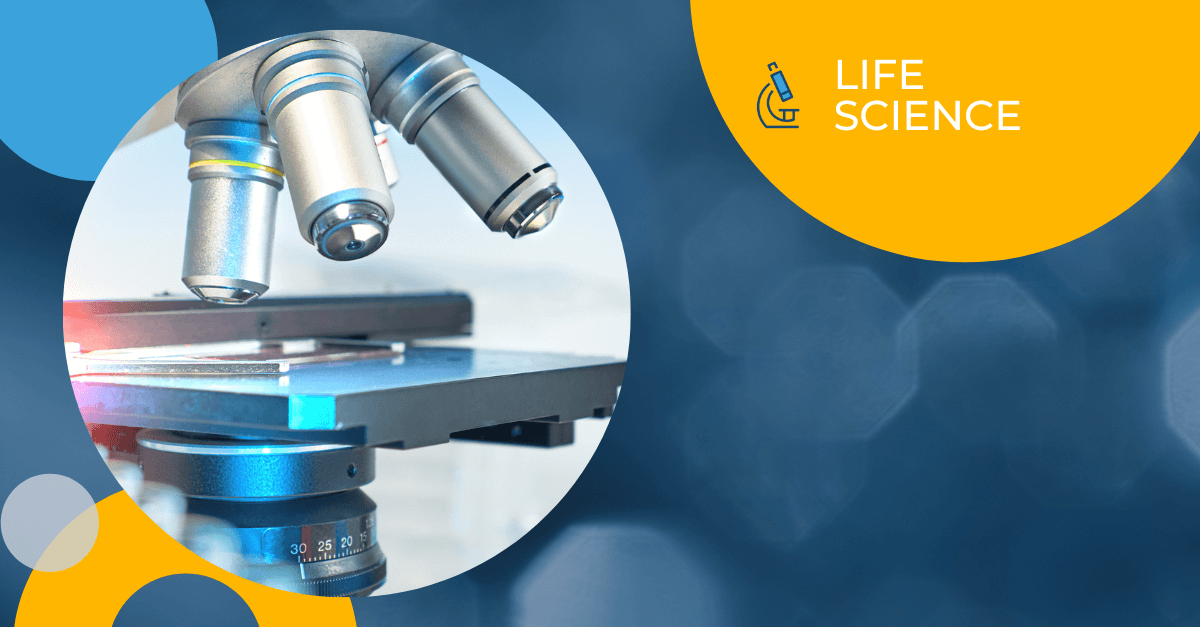The precision of language and translation is crucial for global businesses in the pharmaceutical industry.
Pharmaceutical translation services are not just about converting text from one language to another—they are about ensuring clarity, compliance, and safety in every document.
This blog will explore why accurate pharmaceutical translation is essential and how to achieve high-quality outcomes.
The Crucial Role of Pharmaceutical Translation Services
Pharmaceutical translation services play a critical role in the global healthcare market. Missteps in translation can lead to delays in research and production, potential risks to patient safety, and significant liability.
For instance, errors in dosage instructions or misunderstood clinical trial protocols can have serious health consequences. As the industry evolves, the cost of translation errors becomes increasingly significant.
Ensuring High-Quality Pharmaceutical Translations
Start with clear and precise English documents to minimize risks associated with pharmaceutical translation. This ensures that translators can produce accurate translations in the target language. High-quality translations are vital as errors can result in legal liabilities, damage your company’s reputation, and decrease future sales.
How to Identify and Hire Qualified Pharmaceutical Translators
Choosing experienced pharmaceutical translators is essential. They should be proficient in medical terminology and familiar with regional jargon, regulations, and laws. For example, if you need to translate clinical trial documents for a new diabetes drug, the translator should have a pharmaceutical background and specific experience with diabetes-related documentation. Look for translators with relevant certifications and verified experience in the pharmaceutical field.
Comprehensive Accuracy in Pharmaceutical Documentation
Pharmaceutical translation extends beyond clinical studies and regulatory documents. Marketing materials, patents, and website content also require precise translation. Errors in these areas can adversely impact your business by deterring potential clients and medical professionals. Accurate translations in marketing and intellectual property documents are critical to maintaining a positive business image and protecting your innovations.
Addressing Common Challenges in Pharmaceutical Translation
Challenges in pharmaceutical translations include handling complex terminology, ensuring cultural appropriateness, and maintaining consistency. To overcome these challenges, use experienced translators with subject matter expertise, implement thorough review processes, and employ translation management systems to track and manage translations.
The Role of Translation Technology
Translation technology, including AI and translation software, influences the quality of pharmaceutical translations. While these tools can expedite translation and support consistency, human expertise remains crucial. AI tools may struggle with nuanced contexts and specialized jargon, making human oversight necessary for accurate results.
Adhering to Industry Standards
Adherence to industry standards and guidelines, such as those from the International Organization for Standardization (ISO) and regulatory bodies like the FDA, is essential. Following these standards ensures that translations meet regulatory requirements and industry expectations.
What to Do If Errors Are Discovered
If errors are found in translated documents after publication, act swiftly. Implement a corrective action plan that includes notifying affected parties, updating documents, and reviewing your translation processes to prevent future mistakes. Transparency and prompt resolution are key to minimizing reputational damage.
Measuring the Effectiveness of Your Translation Process
Evaluate the effectiveness of your translation process by monitoring key performance indicators such as error rates, turnaround times, and client feedback. Regular reviews and assessments through audits and post-translation evaluations help ensure the accuracy and effectiveness of your translations.
Addressing Cultural Differences
Cultural differences can significantly impact pharmaceutical translations. Ensure that translators are experts in medical terminology and knowledgeable about cultural nuances and regional practices. This approach helps avoid misunderstandings and ensures that the content is appropriate for the target audience.
Why Choose Morningside for Pharmaceutical Translation Services?
At Morningside, A Questel Company, we specialize in pharmaceutical translation services that ensure precision, compliance, and cultural sensitivity. Our expert translators have the specialized knowledge required for accurate translations, adhering to the highest industry standards and utilizing advanced technology for consistency.
Our commitment to quality, combined with our extensive experience in the pharmaceutical sector, makes us the ideal partner for your translation needs. We work closely with you to ensure that all documentation—from clinical trials to marketing materials—is translated accurately and effectively.
Ready to safeguard your business and ensure the highest quality in your pharmaceutical translations? Start working with Morningside today and experience the difference expert translation can make. Contact us now to get started and protect your global success.



